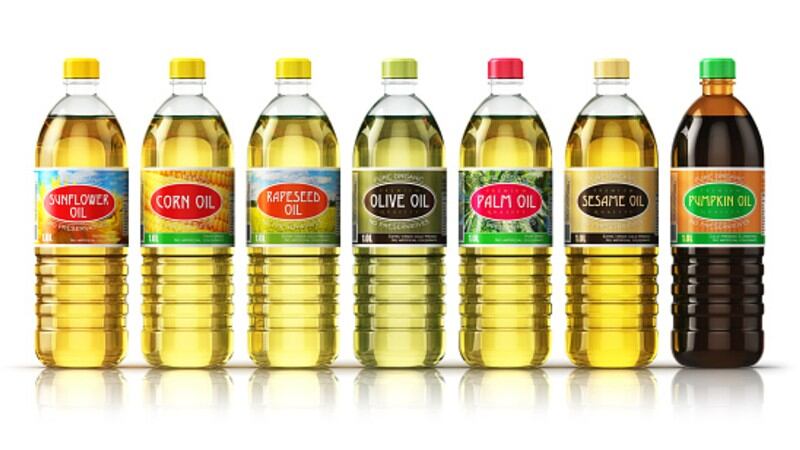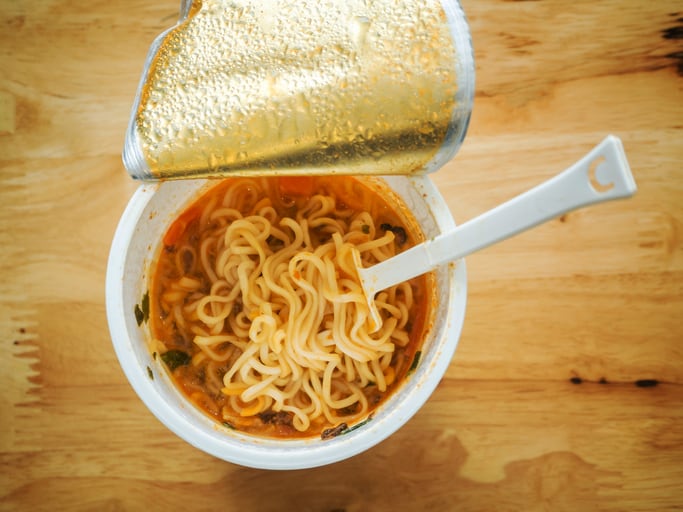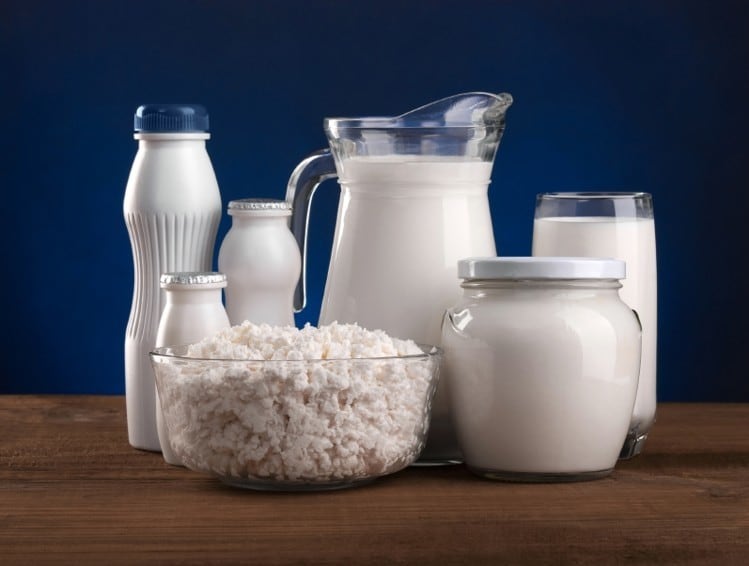This is according to Malaysian Palm Oil Council CEO Datuk Dr Kalyana Sundram, who was presenting at the recent virtually-held International Palm Oil Sustainability Conference (IPOSC) on the various challenges the industry is facing.
“Palm oil is the most consumed among the 17 edible oils in the world, [but] oil palm cultivation is heavily scrutinised and subjected to ever increasingly stricter and often ‘discriminating’ sustainability criteria,” Datuk Sundram said.
“We are seeing a continuous shifting of sustainability goal posts [to become ever stricter], which has to stop. It is making things very difficult for the growers and the industry – palm oil is the first oil crop in the world with a sustainable certification scheme, [but continuous changes in sustainability criteria] is turning this into a major challenge instead.
“Despite the rigorous sustainability criteria it is subjected to, CSPO is heavily criticised and penalised [in the form of] trade barriers, deforestation demands, biodiversity loss accusations and more, whilst other commodities and agro-based industries can often escape scrutiny.”
Datuk Sundram added that of all the edible oils worldwide, palm oil is the ‘only vegetable oil crop among these that has gone through stringent certification processes, either voluntary or mandatory’, and called for all such oils to be treated fairly and for discrimination against palm oil to be halted.
“For example, EU cultivation of rapeseed and sunflower are not similarly and stringently certified [but] they get away with far more,” he said.
“We ask and demand equal treatment, that all other remaining oils and fats, no matter where they are produced, must also demonstrate similar and robust certification systems – the world needs [a playing field] where all oils and fats produced for the world market are similarly certified to the stringency that palm oil is now.”
It was also highlighted that although palm oil has often been singled out as a culprit for widespread deforestation and logging, research has in fact shown that the industry is far from the most problematic in this sense.
“Research has shown that palm oil contributes to only 2.3% of global deforestation, meaning that palm oil as a crop is not the biggest driver of deforestation, [but is continuously being singled out for criticism,” he said.
“59% of palm oil companies have at least one commitment to deforestation, showing that we are working towards sustainable outcomes. But for [industries such as] soy and cattle, the proportion of companies with commitments is considerably lower (21% and 12%, respectively).
“This is a matter of concern, considering that cattle have a deforestation footprint that is nine times larger than the one associated with palm oil.”
‘Repeat an Old Lie So it Becomes the Gospel Truth’
Datuk Sundram also lamented the lack of certified sustainable palm oil (CSPO) uptake by the industries demanding it, such as F&B, especially when an added cost is pegged on to these purchases.
“Sustainable palm oil is rigorously certified – producing this and meeting the demands of industry, NGOs and other entities worldwide that demand this certification is a goal, but this goal needs to be matched by actual industry uptake,” he said.
“End-users should be prepared to pay a little extra or a premium on CSPO for certification and so on, but we are often seeing a reluctance in some quarters to pay this premium. This has to be addressed as we progress further.”
In addition, he also highlighted the abundance of negative media targeting palm oil as a serious challenge, as this is tied closely with consumer sentiment.
“There has been a lot of one-sided biased reporting against CSPO – but a lot of this is really a case of what I call ‘Repeating an old lie so it becomes the gospel truth’, i.e. rehashing and repeating old falsehoods until people think they are true even if it is not so - though sadly it is still accepted by many members of the public as fact,” said Datuk Sundram.
“For example, an academic group indicated that there is no such thing as sustainable palm oil and the report appeared in 2018, but just recently it was rehashed as a brand new report, and gained a lot of traction on social media.
“It is reporting like this that impedes the progress that is still needed to improve the overall sustainability index of palm oil - Continuous pressure and unsubstantiated criticism against palm’s sustainability efforts will only dent the way forward, so please criticise when a wrong is done and encourage when done right!”
How industry is moving forward
Despite all this, he stressed that the Malaysian palm oil industry was taking steps at a governmental level to enhance sustainability practices in the country and urged that these be given due credit.
“The government has already moved to cap total oil palm cultivated area to 6.5 million hectares locally, to ban new oil palm planting in peatland, to ban forest reserve conversion for oil palm cultivation, and to grant the public access to oil palm plantation maps,” he said.
“5.06 million hectares (86.5%) of oil palm plantations have also already been certified as sustainable by Malaysian Sustainable Palm Oil (MSPO) standards, as have 406 of 452 (87.9%) of palm oil mills, [and] there are plans to improve traceability as well as to incorporate Industry 4.0 technology to enhance productivity and sustainability – [so] credit needs to be given where it is due.”
Blockchain in particular has been acknowledged as the most likely technology that will be adopted widely in the industry moving forward to address traceability challenges down to the farm level.
“Improvement will be seen very rapidly in this sector after blockchain is fully integrated - whether other commodities will be able to give this is yet to be seen,” said Datuk Sundram.





